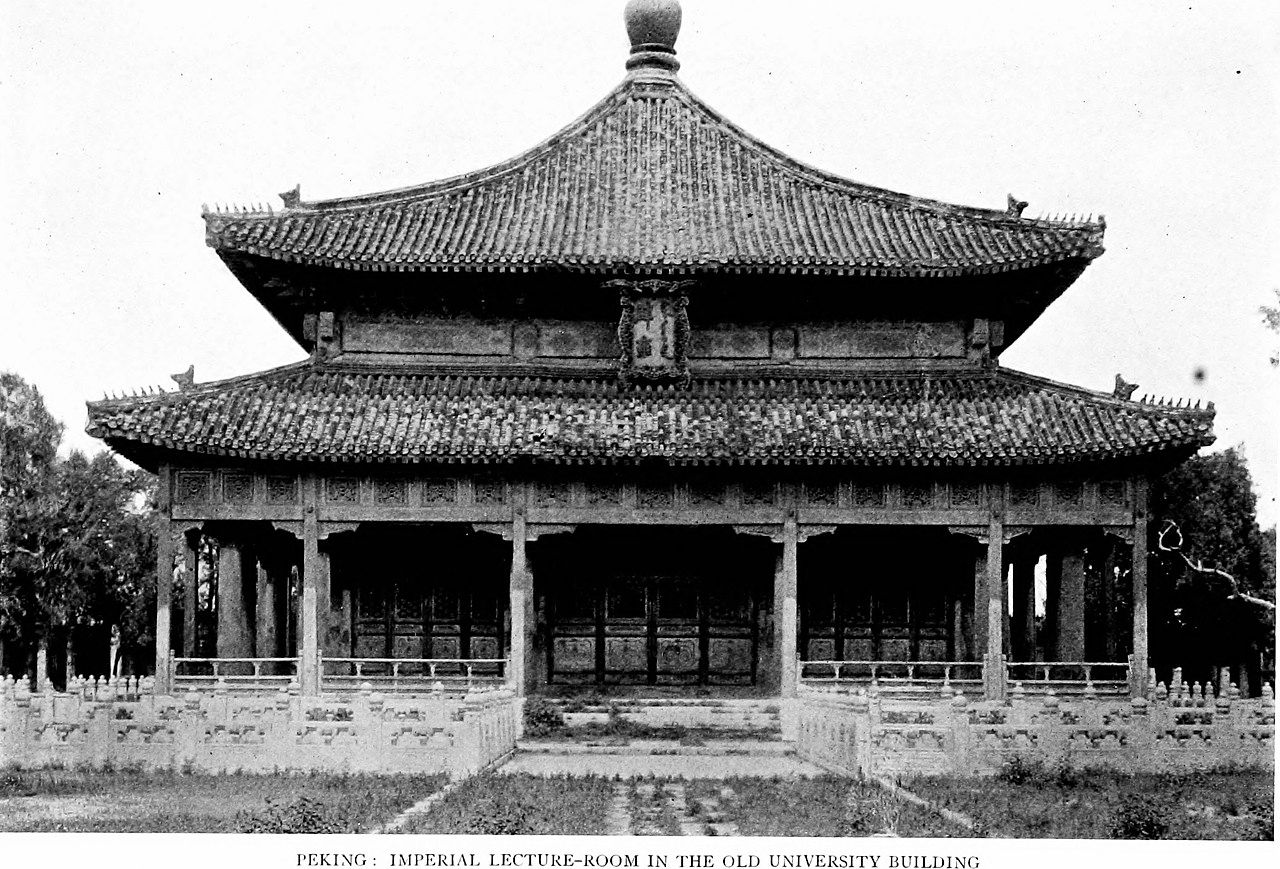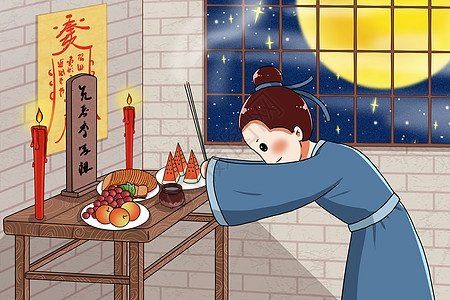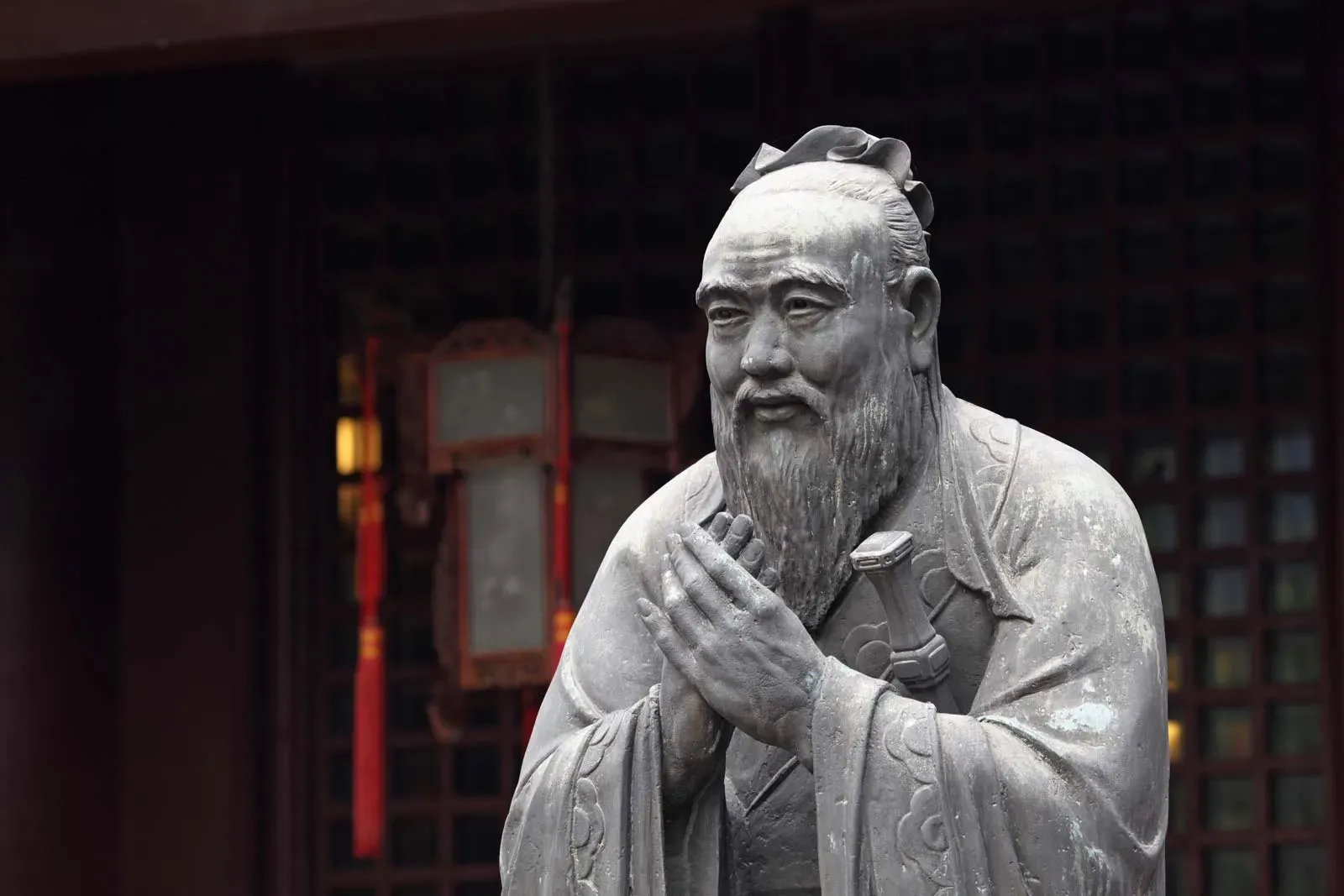Decree of the Eternal Emperor of the Glorious Middle Kingdom
Greetings, citizens of the newly conquered kingdom! I am the great Emperor Wu of Han, ruler of the vast Han dynasty that now encompasses your lands. It is crucial that you understand the expectations of our illustrious civilization for a smooth transition into your new life under the Han dynasty. Permit me to elucidate three pertinent areas of daily life in our dynasty: education, family life, and religion.
The Han dynasty employs an education system based on meritocratic ideals.¹ Confucianism is the official state ideology—in fact, present across our vast empire are recently established provincial schools that teach the Confucian ethics.² These Confucian teachings stress the importance of social order, filial respect for elders, and correct moral behavior. Examinations on these teachings determine one's eligibility for government service as a prestigious scholar-official, which form their own distinct elite social class, so diligent study on Confucian teachings is important.

The family is the core unit of society in the Han dynasty.³ All citizens are expected to show filial piety, honor and obey their elders, as per Confucian ethics. Although romantic love is not discouraged, marriages are more conceptualized as arrangements formed between two clans, not necessarily two individuals.⁴ On a person's death a part of their soul rises to heaven while another stays on Earth. Therefore, ancestral veneration is a central practice in our dynasty, as families regularly give offerings, honor, and protect the graves of their ancestors.⁵

The Han dynasty embraces a syncretic and mutually-influential blend of the "three pillers" of ancient Chinese society: Confucianism, Daoism, and Buddhism.⁶ Confucianism, as mentioned previously, provides the ethical framework that profoundly shapes the social and political life in the Han dynasty, stressing the importance of concepts such as harmony and duty. Daoism offers a mystical worldview that celebrates the harmonious natural order and the pursuit of longevity.⁷ Meanwhile, Buddhist practice has brought new spiritual practices and beliefs regarding the afterlife.

In conclusion, the Han dynasty that now rules over your lands employs a meritocratic education system, Confucian family values, and syncretic religions that will deeply impact aspects of your lives moving forward. It is expected that all citizens under our rule dutifully conform to these norms. By embracing the wisdom of our ways, you and your families will obtain prosperity and fulfillment under the benevolent rule of Emperor Wu of Han.
Footnotes #
-
Shieh, Chelsea. "China's Education System: The Oldest in the World." Asia Society, accessed May 7, 2024, https://asiasociety.org/education/chinas-education-system-oldest-world.
-
"Confucianism." National Geographic, accessed Mar 7, 2024, https://education.nationalgeographic.org/resource/confucianism/.
-
"Women and families in classical society." Khan Academy, accessed Mar 7, 2024, https://www.khan academy.org/humanities/world-history/ancient-medieval/women-and-families/a/women-and-families-article.
-
Hinsch, Bret. Women in Imperial China. Rowman & Littlefield Publishers, Inc, 2002, p. 35.
-
Joffe, Glen. "365 Memorial Days per Year - Ancestor Worship Around the World." Primitive Living + Collecting, May 26, 2017, accessed Mar 7, 2024, https://www.beprimitive.com/blog/ancestor-worship-around-the-world.
-
"Chinese Religions and Philosophies." National Geographic, accessed Mar 7, 2024, https://education.nationalgeographic.org/resource/chinese-religions-and-philosophies/.
-
Smith, Nathan. Introduction to Philosophy. OpenStax, Jun 15, 2022, accessed Mar 7, 2024, https://openstax.org/books/introduction-philosophy/pages/9-5-daoism.
Bibliography #
"Chinese Religions and Philosophies." National Geographic, accessed Mar 7, 2024, https://education.nationalgeographic.org/resource/chinese-religions-and-philosophies/.
"Confucianism." National Geographic, accessed Mar 7, 2024, https://education.nationalgeographic.org/resource/confucianism/.
Hinsch, Bret. Women in Imperial China. Rowman & Littlefield Publishers, Inc, 2002, p. 35.
"History of Education in China." China Education Center, accessed Mar 7, 2024, https://www.chinaeducenter.com/en/chistory.php.
Joffe, Glen. "365 Memorial Days per Year - Ancestor Worship Around the World." Primitive Living + Collecting, May 26, 2017, accessed Mar 7, 2024, https://www.beprimitive.com/blog/ancestor-worship-around-the-world.
Shieh, Chelsea. "China's Education System: The Oldest in the World." Asia Society, accessed May 7, 2024, https://asiasociety.org/education/chinas-education-system-oldest-world.
Smith, Nathan. Introduction to Philosophy. OpenStax, Jun 15, 2022, accessed Mar 7, 2024, https://openstax.org/books/introduction-philosophy/pages/9-5-daoism.
"Women and families in classical society." Khan Academy, accessed Mar 7, 2024, https://www.khan academy.org/humanities/world-history/ancient-medieval/women-and-families/a/women-and-families-article.